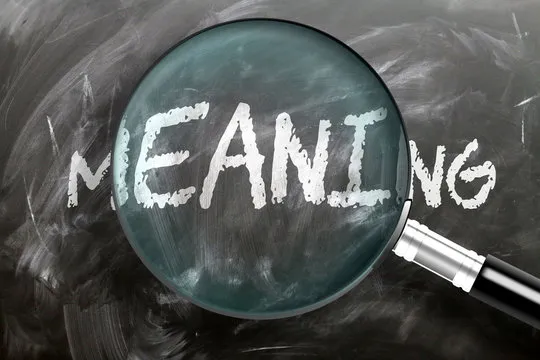More equal animals, a title of the book that challenged my pre-existing prejudices regarding the fundamental nature of political processes, and governance to a point where I had to question the truthfulness of the narratives I've been subdued to without being aware of it - which is kinda funny because I spent a respectable amount of hours diving deep into the ideas of democracy, governance, ownership, capitalism, socialism, anarchism. Despite being aware of the attack vectors every socially constructed system has, the book left me speechless multiple times and gave me a motiv to rethink what I thought I understand.

Thankfully I'm open to being proven wrong.
Some things written in the book can obviously reflect on #Hive and there's a lot of wisdom and fair points to take into consideration for future development. That's why I decided to jump in and comment on proposals and visions introduced by @Dan in an attempt of debating how can we improve the vision for communities on Hive.
Where We stand as a Society.
In order to gain a bigger picture, sometimes it's important to take a step back and observe.
There is no longer any agreement on fundamental things such as God, natural rights, or morality. We can’t even agree on
how many genders there are. The very words “capitalist”, “socialist”, and “communist” mean vastly different things to different people. Everything has become subjective and in the process, our ability to communicate and compromise is rapidly declining.
We are lost. We don't know where we fit anymore, especially in western countries.
Stuck between faith and science, trapped inside the box we thought doesn't exist anymore, chained by the things trivial to our growth, and yet, we see nothing wrong in it.
As Nietzsche said; “God is dead. God remains dead. And we have killed him. How shall we comfort ourselves, the murderers of all murderers?"
General Christian Morality that built western civilization, is slowly decaying and the postmodern morality can't find strong support to replace something as powerful as God. People either don't like reflecting on their personal belief system, in fear of not retaining the meaning worth pursuing or can't find a decent ground to build their morality upon.

If you think morality isn't important you're fooling yourself. Now when realizing that people lost their ground it's best to rethink democracy and propose a better, more resilient system that will put centralization to the test.
To achieve harmony, society has to address the problems that are clearly preventing it from progress. Some of the problems we're putting aside are crucial to our growth and understandings but are of sensitive nature that can turn smoke into a fire.
Until we confront it, no individual will be excluded from the inherently rotten system that naturally leads to oppression. Power makes people lose their heads and cannot be taken out of the equation.
If you believe that we have the common wisdom not to repeat the same mistakes from the past, I assure you, we don't. People have never been more indoctrinated, in spite of having every possible tool available to do their own research.
Centralization tends to get corrupted over time.
It's like entropy.
degree of disorder or randomness in the system.
Over time, if there is no nurture or care things tend to get chaotic, meaning that a chance for improvement decreases over time.
To put it into perspective, think of an old building, if there's no one renewing it, it will collapse over time - therefore, it's going to get chaotic. What we can't predict though, is what part will collapse first, thus bringing everything down with it.
What's the right way to Govern the System?
*"Legitimate government is supposed to be derived from the consent of the governed. Democracy is supposed to be the process by which that consent is derived."
So simple and yet so complicated. Not only do we have to prevent elected government to become corrupted, but rather to predict the flaws in the process of electing the government.
The case for fairer governance lays in our ability to decrease potential attack vectors, thus providing ourselves space to prevent or mitigate bad things from happening.
Given that we already experienced a hostile takeover, we know the importance of game theory.
Here's what @Dan proposes.
This may sound abstract, but it'll help us draw some parallels.
If we want to build a sustainable human civilization then it should be composed of independent communities which are themselves composed of independent subcommunities. In this way, errors are localized and systems are redundant.
That's the case we have on #Hive and it would be a shame not to exploit its full potential. I'm envisioning every community to be autonomous and sovereign to a point where there will be a democratic election within a specific community, that will determine who's going to represent the community in terms of pushing the consensus witnesses.
If the witness becomes corrupted, he can be replaced before any serious damage.
It's easier to adapt as a smaller community, in every term possible.
Your body can tolerate the corruption of some cells; a community can survive the corruption of some people; a state can
survive the corruption of some counties, and the world can survive the corruption of some states. However, if the world is
comprised of a single state then the people cannot survive its corruption.
#Hive is actually so close when it comes to providing an infrastructure for sovereign communities to operate as they see it fit.
If there's no voluntary consent, those who disagree have the right (enabled by code) to leave and form their own community-driven project, with their own rules and vision.
The ability to form, agree, elect, and vote in a trustless and decentralized manner is undervalued, and can't stay there for long. What we're building here matters!
